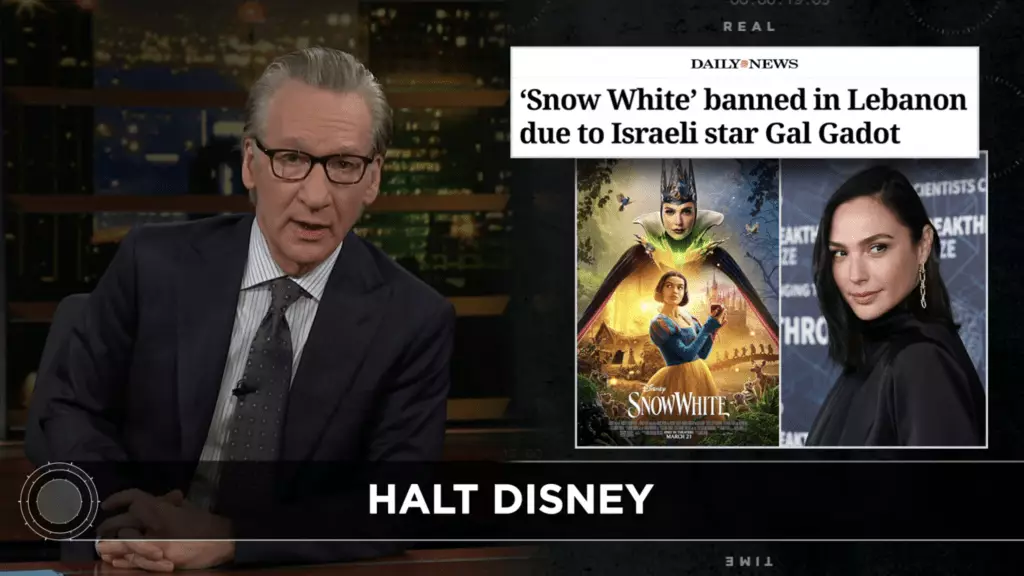With the release of Disney’s live-action adaptation of *Snow White* marred by controversy, it’s clear that the impact of social and political issues on the film industry has reached all-time highs. The film has not only drawn criticism for its casting choices but has also become embroiled in international politics, thanks to the backlash surrounding Israeli actress Gal Gadot. It raises an important question: how have entertainment and politics intertwined to such an extent that they can dictate a film’s fate in the global market?
Gadot’s prior service as a sergeant in the Israeli Defense Force (IDF) has made her a polarizing figure in certain regions, notably in Lebanon, where the government has instituted a ban on *Snow White*. Ahmad Hajjar, Lebanon’s Interior Minister, expressed that the ban was necessary due to Gadot’s ties to Israel, marking one of the most pointed examples of a cultural product being rejected due to geopolitical stance. This scenario distinctly illustrates the precarious balance the media must maintain between creative expression and political sensibilities, and it begs a deeper inquiry into who gets to tell these stories.
Permission to Critique? The Role of Comedians
In this landscape of tension, comedians like Bill Maher operate in a unique space where they can critique both entertainment and society with keen observational humor. During a recent episode of *Real Time*, Maher seized the opportunity to comment on the movie’s failure, using sardonic wit to challenge the logic behind the Lebanese ban as well as the broader international reception of the film. His quip that Lebanon is “working too hard” to oppose Gadot’s involvement reflects a sense of absurdity that resonates with many viewers, suggesting that the discourse around the film has devolved into a kind of trivialized political theatre.
However, Maher’s commentary risks trivializing serious geopolitical concerns. While he addresses the film’s lackluster box office performance, it prompts individuals to ask whether comedy can truly encapsulate the grievances that stem from decades of conflict. It’s a slippery slope when humor and critical discourse intersect; yes, laughter can break barriers, but it can also risk downplaying deeply rooted issues.
A Changing Landscape in Representation
Adding to the film’s troubles, the controversy surrounding co-star Rachel Zegler—a Latina actress who has faced discrimination both for her ethnicity and her outspoken stance against political figures—highlights the struggle over representation in Hollywood. In an age where diversity and inclusion are paramount, why does the industry seem to stumble when trying to reflect contemporary realities? Zegler’s criticism of former President Trump raises questions about how personal beliefs and artistic expression can affect an actor’s career, influencing audience reception and box office success.
The intersection of identity politics and casting decisions plays a pivotal role in shaping public perception of films. The backlash against films like *Snow White* indicates a growing desire for authentic storytelling that encompasses varied experiences without pandemonium over an actor’s political affiliations.
With box office figures revealing a staggering estimated loss of $115 million, it’s not merely a box office bomb; it’s a cautionary tale about the perils of pandering conflicting cultural narratives. The fallout may well lead to an introspection in Hollywood about re-evaluating how films are produced, marketed, and perceived in a polarized world.
In an industry that is often criticized for its lack of authenticity and depth, *Snow White* serves as an alarming reminder that the fairy tales we tell can often be eclipsed by the harsh realities of the world outside the cinema.

